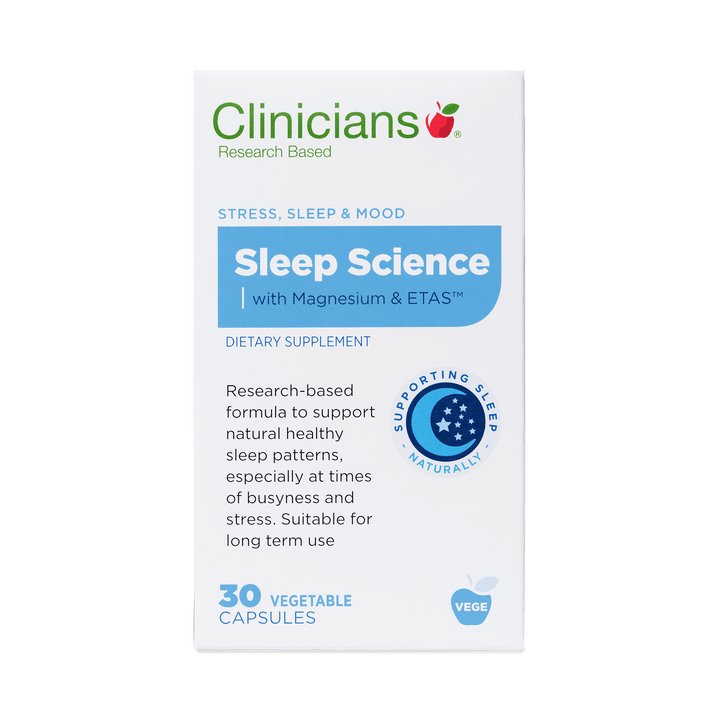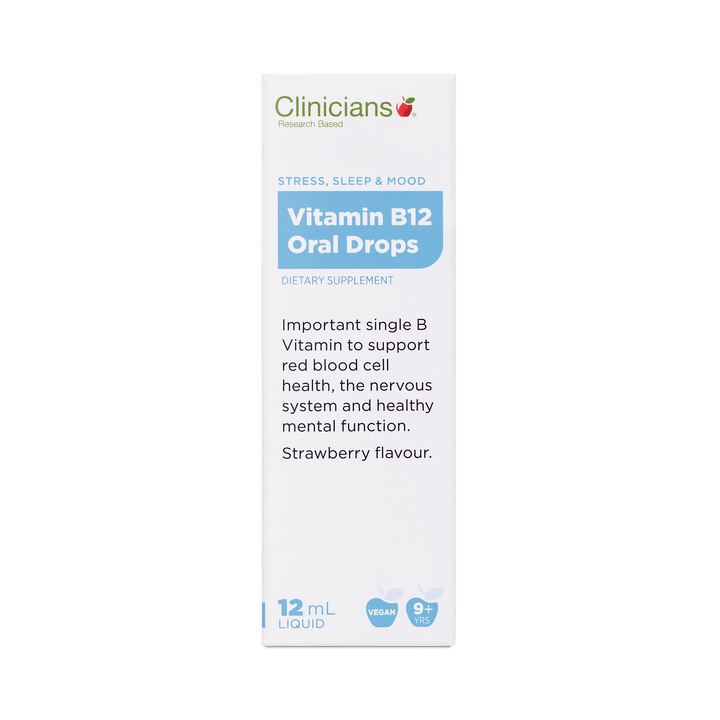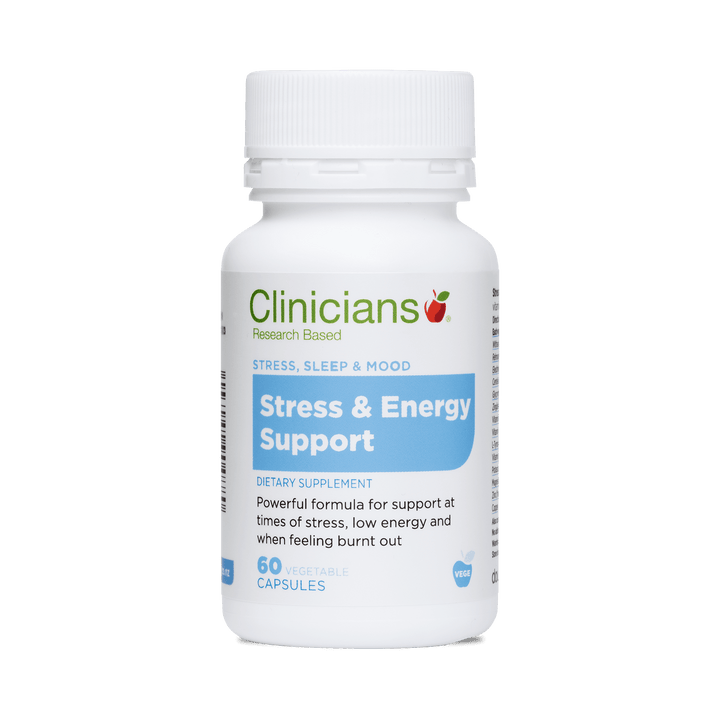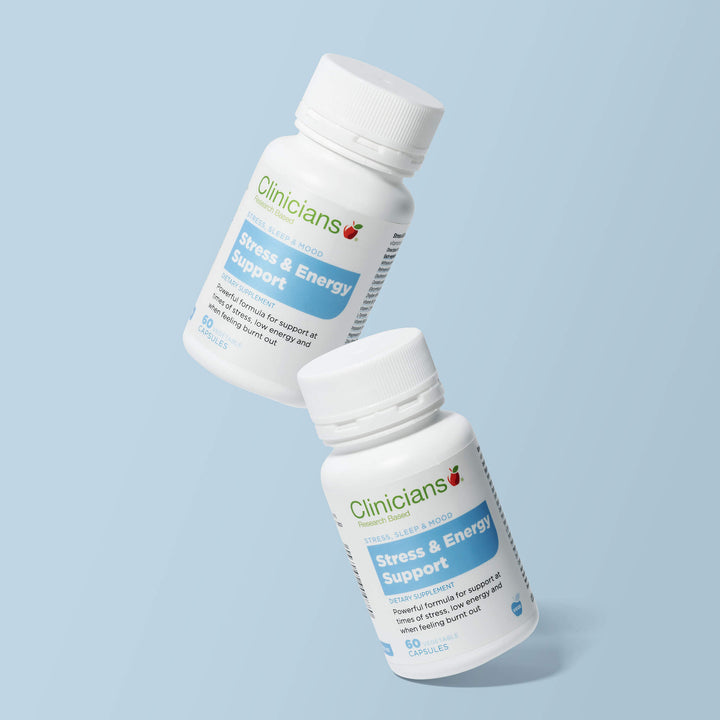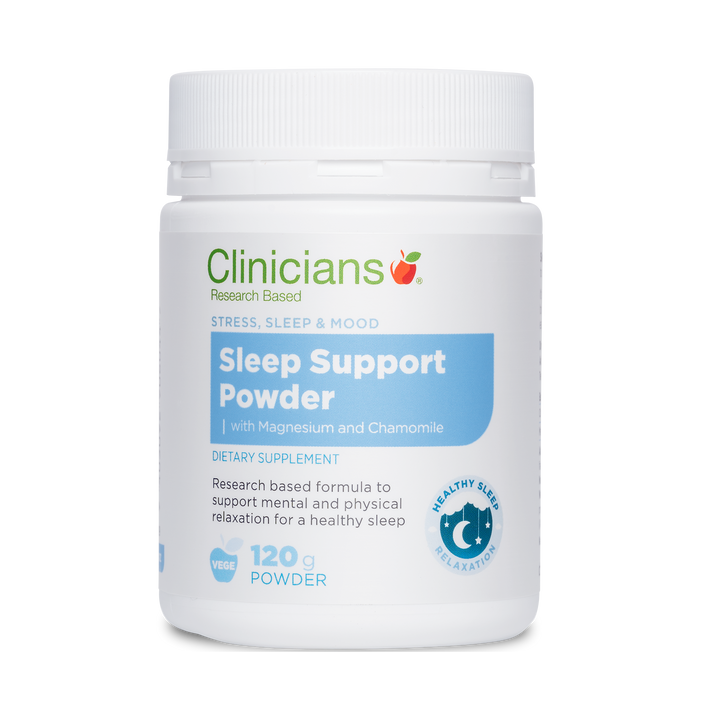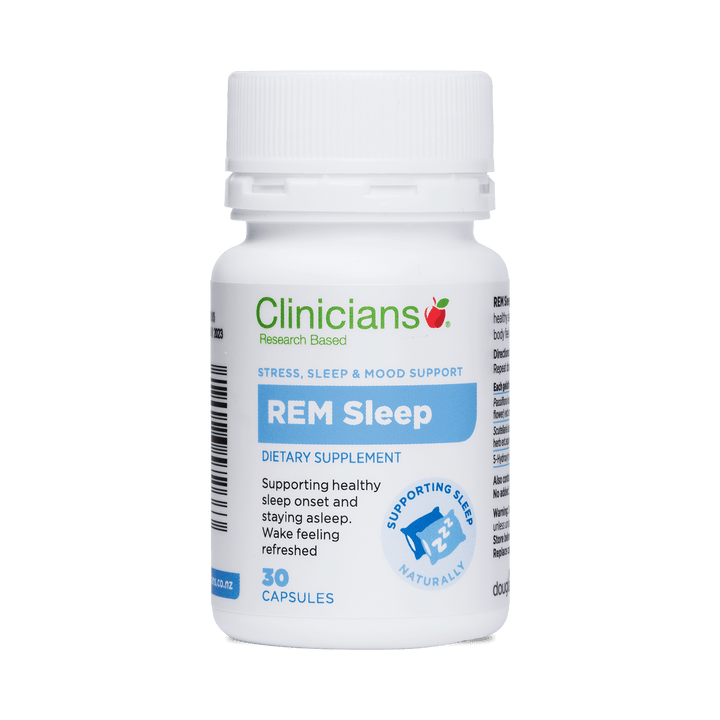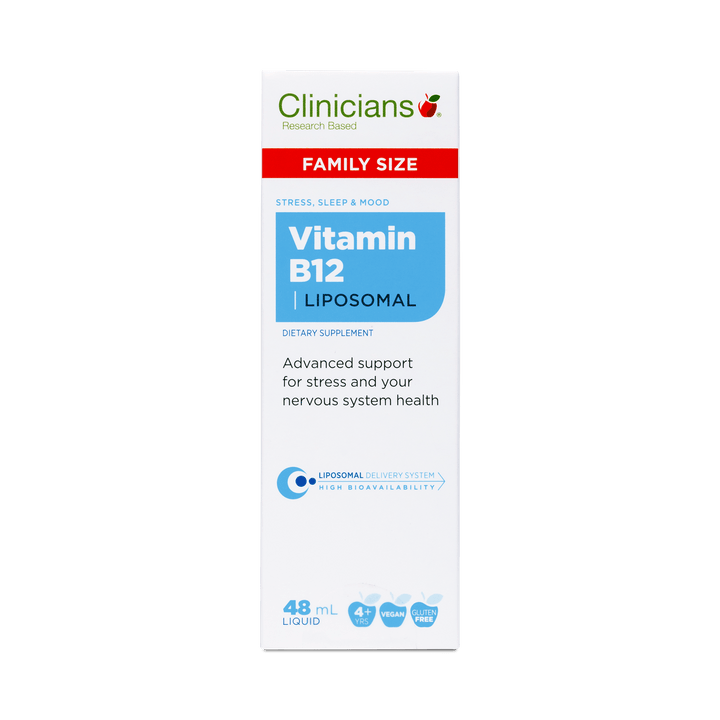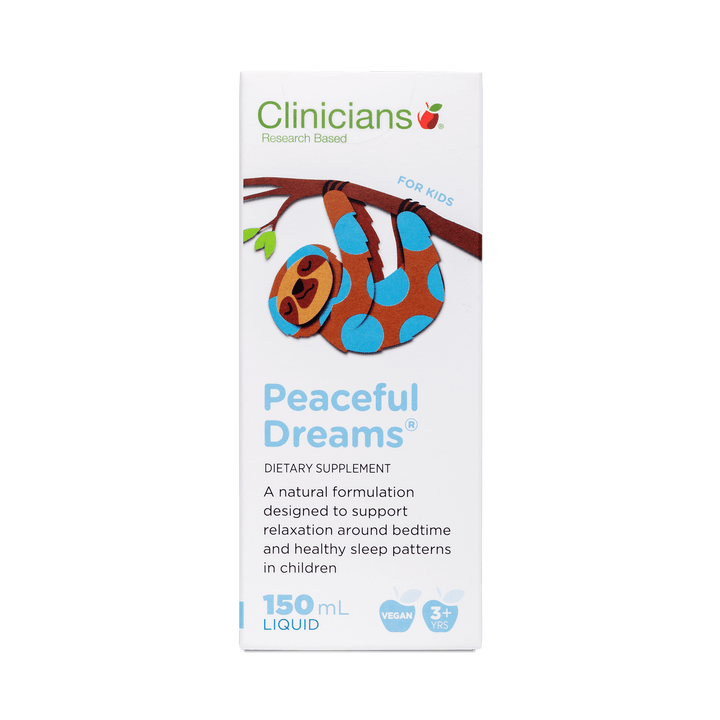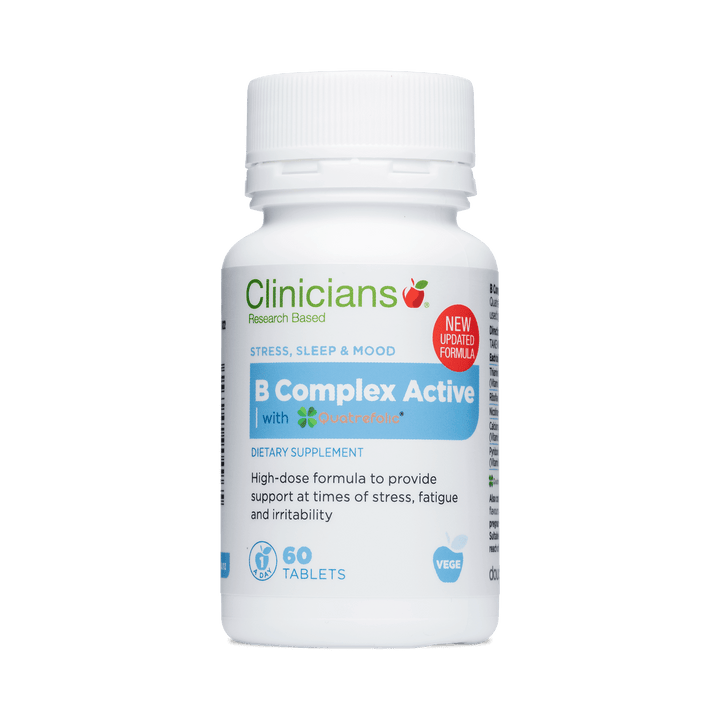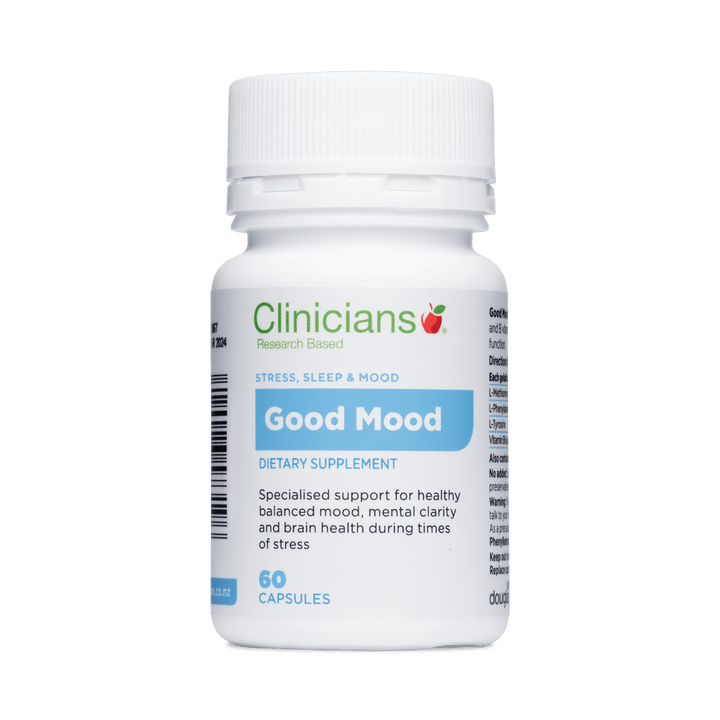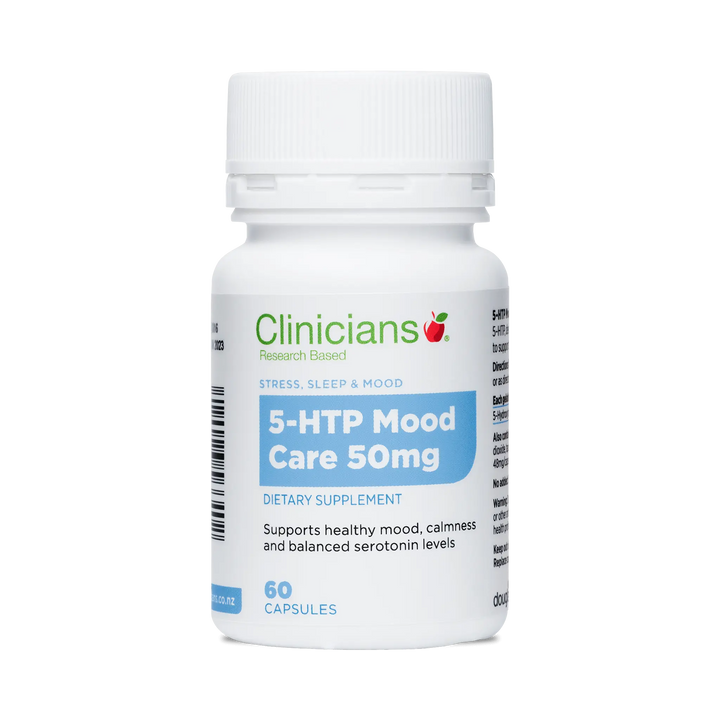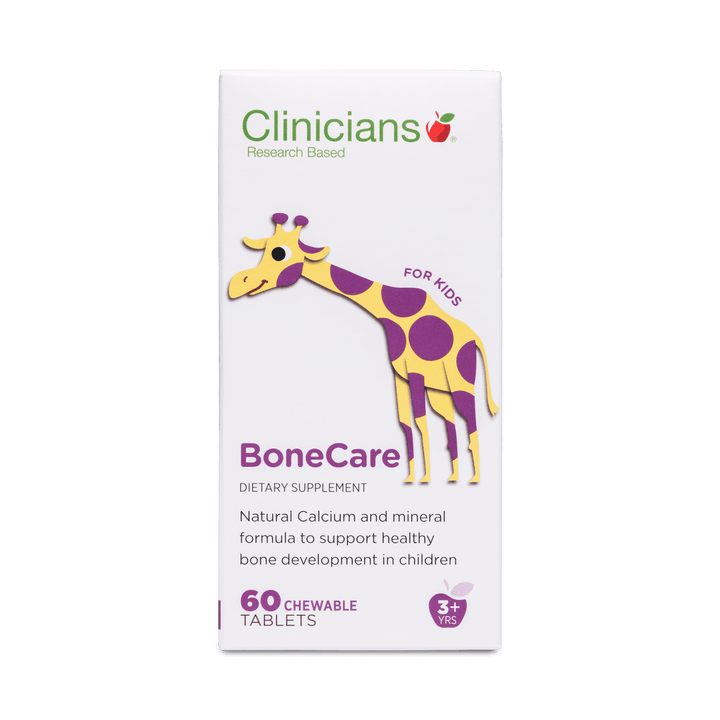B Vitamins are where the action is - always in the middle of making things happen. In the body, they combine with proteins to build stuff or used in the creation process. Fundamentally, they help build our DNA - so without them we would be nothing. It means they are used throughout the body from the digestive system, to making blood cells, brain chemicals and hormones. They even contribute to eye health.
Fast Facts about B's
-
They are grouped, but there are 8 individual B Vitamins, with their own names and numbers.
-
Often found together in nature they work synergistically; meaning they work best together.
-
They are water-soluble, which means they readily dissolve in water and are rapidly absorbed.
-
They are not stored in the body, except vitamin B12 which has some stores in the liver. This means that most B's need to be consumed daily.
What do B vitamins do in the body?
When we look at what B's do in the body, they are usually making something happen. They are involved in so many areas it would be hard to list them all, so here are the main highlights.Making Energy
Our B vitamins help to create energy in several different ways.
- They help convert all the food we eat into glucose, which is used as fuel to power our cells.
- B's make our red blood cells, which carry oxygen around the body, so we can think clearly and have physical energy.
- Vitamin B1 is needed for nerve activation, for mental energy, learning and brain function.
Mood and nerves
- Vitamin B5, known as Pantothenic acid, helps make cortisol in our adrenal glands. This allows us manage stress and is part of our "fight or flight" response.
- Vitamins B1 makes our brain chemicals that affect our energy and mood. For example, it helps produce GABA, a neurotransmitter that helps positive mood and feeling calm.
- B vitamins are needed to maintain our nervous system. This affects mood, thinking, sensation in our body and movement.
Heart Health
- As part of our energy-making process, we create a substance called homocysteine. High levels of this substance are associated with a risk of heart disease and stroke.1 This can be removed safely from the body when we have good levels of Vitamins B12, B6 and B9 (folate).
- Vitamin B3, also known as Niacin helps to support healthy cholesterol levels.
How do I know if I am getting enough B's?
There are several signs that you might need some extra B vitamins. Here are a few of the common ones.
- Mouth sores - when you get those painful cracks in the corners of your mouth. Also, a large red shiny tongue, known as glossitis, can indicate low B vitamins.
- Being nervous and jumpy. You might startle easily and be irritable.
- Anemia - This is associated with low iron, but we also need folate and B12 to make our red blood cells too.
- Lack of energy.
- Numbness or tingling in their hands and feet.
- Confusion and memory loss are often associated with aging but can be associated with low B vitamins; especially vitamin B12.
What can affect my B status?
As a water-soluble nutrient B vitamin can be sensitive to heat or lost in water when cooking. They needed to be consumed regularly as they are not stored, so what can affect their uptake and utilisation?
- Alcohol and smoking can affect B vitamin uptake and increase its need for consumption.
- Vegans can sometimes get low in B vitamins, especially vitamin B12 which is predominantly animal sourced.
- Pregnancy and breastfeeding increase the need for B vitamins we are building another person and as we know B vitamins are needed for DNA. In the first 3 months of pregnancy (and during preconception), folate is especially important as it is needed for brain and spinal development. Supplementation helps to avoid neural tube defects in the fetus.
- As we age our ability to absorb B vitamins declines so more B's are needed.
- Those with poor digestion or gut issues may be low on B vitamins as they are poorly absorbed. People who regularly take proton pump inhibitors or antacids may also have issues, as good stomach acid levels are needed for B vitamin absorption.
- Those taking diuretics need extra B vitamins as they are lost with water excretion through the urine.
- When we are stressed, we need more B vitamins to support our nervous system and for the production of adrenal hormones and brain chemicals.
Great sources of B Vitamins
Each B vitamin has its best food sources. However, B vitamins are often found together in nature, so here are some of the most common sources for many of the B vitamins. As you can see Vegemite on wholegrain toast is a winner when it comes to B vitamins.
- Brewer's yeast
- Nuts and seeds
- Wholegrains
- Liver and most meats
- Fish
- Mushrooms
Who needs extra B's?
- People who are busy or stressed.
- The elderly.
- People taking medications that can deplete B vitamins e.g. Oral contraceptives, PPI, and diuretics.
- Those who smoke or regularly consume alcohol.
- In preconception, pregnancy and breastfeeding.
Q & A about B's
When is the best time to take B vitamins? Given that B vitamins are so energising the best time to take them is in the morning.
Why do B vitamins make my pee yellow? It is vitamin B2 - riboflavin that causes the yellow colour. It is perfectly normal.
What does the team "active" mean in relation to B vitamins? The active forms of B vitamins mean they are immediately usable in the body. They don't need to be converted into usable forms. For example, methylcobalamin is the active form, whereas cyanocobalamin needs time to be converted before use. This makes them great for fast actions, but also good for people who don't convert B vitamins very well.
If you have further questions about B vitamins or any other health questions, please feel free to contact our team of naturopaths.
References



